EURISA project
Developing the first European
cost-effective and performant
IMU (Inertial Measurement Unit)
EURISA aims at developing the first European cost-effective and performant IMU (Inertial Measurement Unit) based on fiber-optic gyroscopes and quartz accelerometers for future space missions.
EURISA will contribute to European independence and sovereignty in space for future missions and exploration.
This ambition can be broken down into 3 major objectives.
Objectives
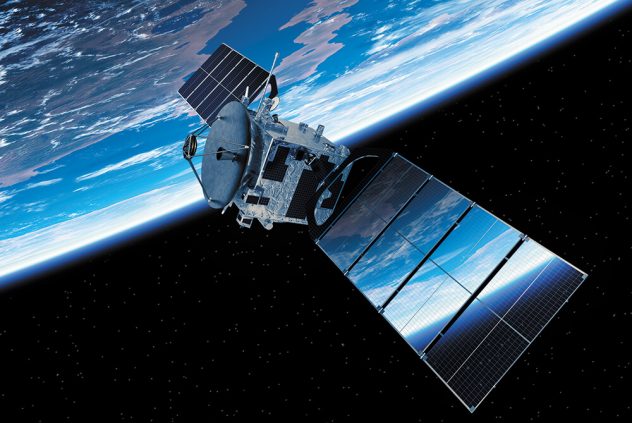
Develop a cost effective IMU for space navigation
- Based on space-qualified COTS electronic from industrial and automotive ranges.
- Propose an IMU qualified for space use and competitive.
- Design a light, compact and low power IMU to be compatible with a large range of space missions.
Reduce Europe dependence by developing the first compact European space IMU
- All critical components are produced by European manufacturers, the assembly is made by European partners and the know-how to manage the future evolution and obsolescence is also European based.
- Bring the IMU to a maturity greater than or equal to TRL 6 and build an engineering model (EM) to ensure short term use of EURISA IMU.
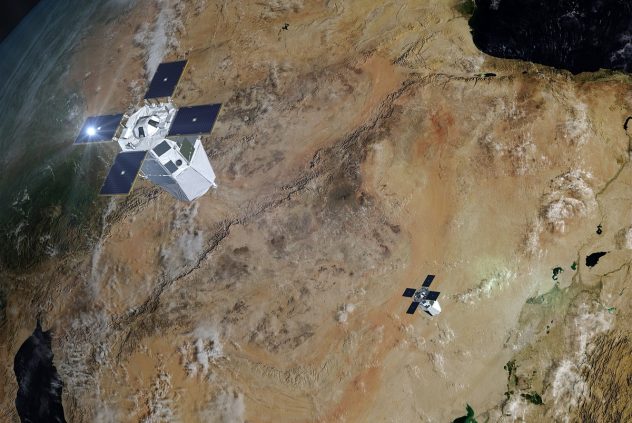
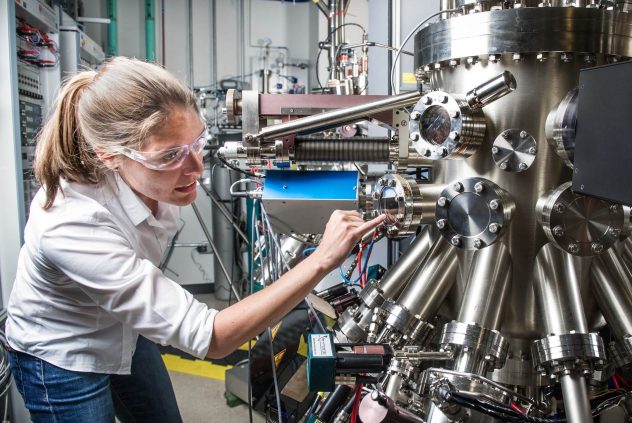
Increase excellence and competitiveness of European space industrials and research institutes
- Increase the knowledge regarding COTS electronic components use for space applications.
- Space-qualify the gyroscopes and the accelerometers.
- Further improve European know-how and expertise regarding space navigation algorithms.
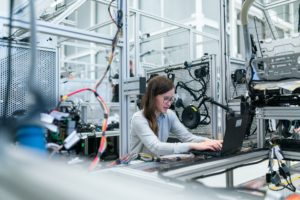
Women in space
Airbus and Exail (formerly iXblue) are sponsors of “Elles bougent”, a French association promoting gender diversity and technological companies.
EURISA is an opportunity to encourage young girls and female students to consider careers in science and space. Mentors from iXblue and Airbus will participate to events like industrial sites visits, interventions in secondary and high schools.
The objectives are to promote scientific and technical careers to school girls and female students and to demonstrate that these jobs are accessible to women.
The DLR is also actively involved in promoting gender diversity in science through the support of the nationwide initiative “Girls’ day”. On this day, companies and research organizations with a technical focus show female students the opportunities in the technical areas.
Applications
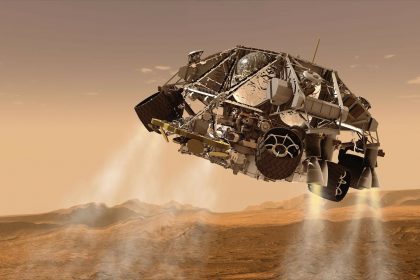
Entry, descent and landing
Numerous futur space missions to the Moon and to Mars will require landing modules and thus navigation capabilities based on IMU and hybridation with other sensors. We can think about Artemis program or ambitious missions in the continuity of Mars Sample Return.
EURISA develops both high-performance IMU sensors and smart hybridation algorithms to boost the navigation performances.
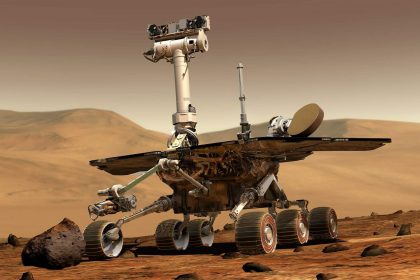
Rover
Rovers are being more and more used for exploration missions. They are even often becoming the flagship of the mission as Spirit, Curiosity or the future Rosalind Franklin on Mars but also Mascot on Hayabusa2 and the future MMX rover on Phobos. One of their crucial functions is to navigate on a complex and fairly unknown environment.
EURISA is developing an IMU that will be compatible with the rover crucial specifications i.e. compact, low-power and reliable.
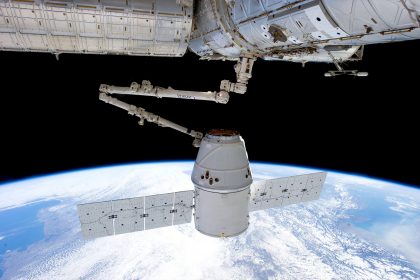
Interplanetary cruise and in-orbit rendez-vous
Consortium Partners
DLR is the Federal Republic of Germany’s research centre for aeronautics and space. We conduct research and development activities in the fields of aeronautics, space, energy, transport, security and digitalisation. The German Space Agency at DLR plans and implements the national space programme on behalf of the federal government. Two DLR project management agencies oversee funding programmes and support knowledge transfer.
Climate, mobility and technology are changing globally. DLR uses the expertise of its 55 research institutes and facilities to develop solutions to these challenges. Our 10,000 employees share a mission – to explore Earth and space and develop technologies for a sustainable future. In doing so, DLR contributes to strengthening Germany’s position as a prime location for research and industry.
Freedom and individual responsibility, entrepreneurial spirit and open-mindedness: ETH Zurich stands on a bedrock of true Swiss values. Our university for science and technology dates back to the year 1855, when the founders of modern-day Switzerland created it as a centre of innovation and knowledge. At ETH Zurich, students discover an ideal environment for independent thinking, researchers a climate which inspires top performance. Situated in the heart of Europe, yet forging connections all over the world, ETH Zurich is pioneering effective solutions to the global challenges of today and tomorrow.
The Seismology and Geodynamics (SEG) group at the Institute of Geophysics develops electronics for a number of space missions here including Mars Insight and LISA.
Exail (formerly iXblue) is a leading high-tech industrial champion specializing in cutting-edge robotics, maritime, navigation, aerospace and photonics technologies. Exail develops systems for complex applications in extreme environments, from the ocean depths to outer space. Exail was one of the first companies in the world to develop the Fiber-Optic Gyroscope (FOG) technology and is now a recognized leader on this market.
For space application, in partnership with Airbus Defence & Space, Exail has developed the Astrix Series, a range of space fiber-optic gyroscopes. Exail also designs and manufactures space grade optical components such as optical modulators, rad-hard fibers, fiber sources and amplifiers.


